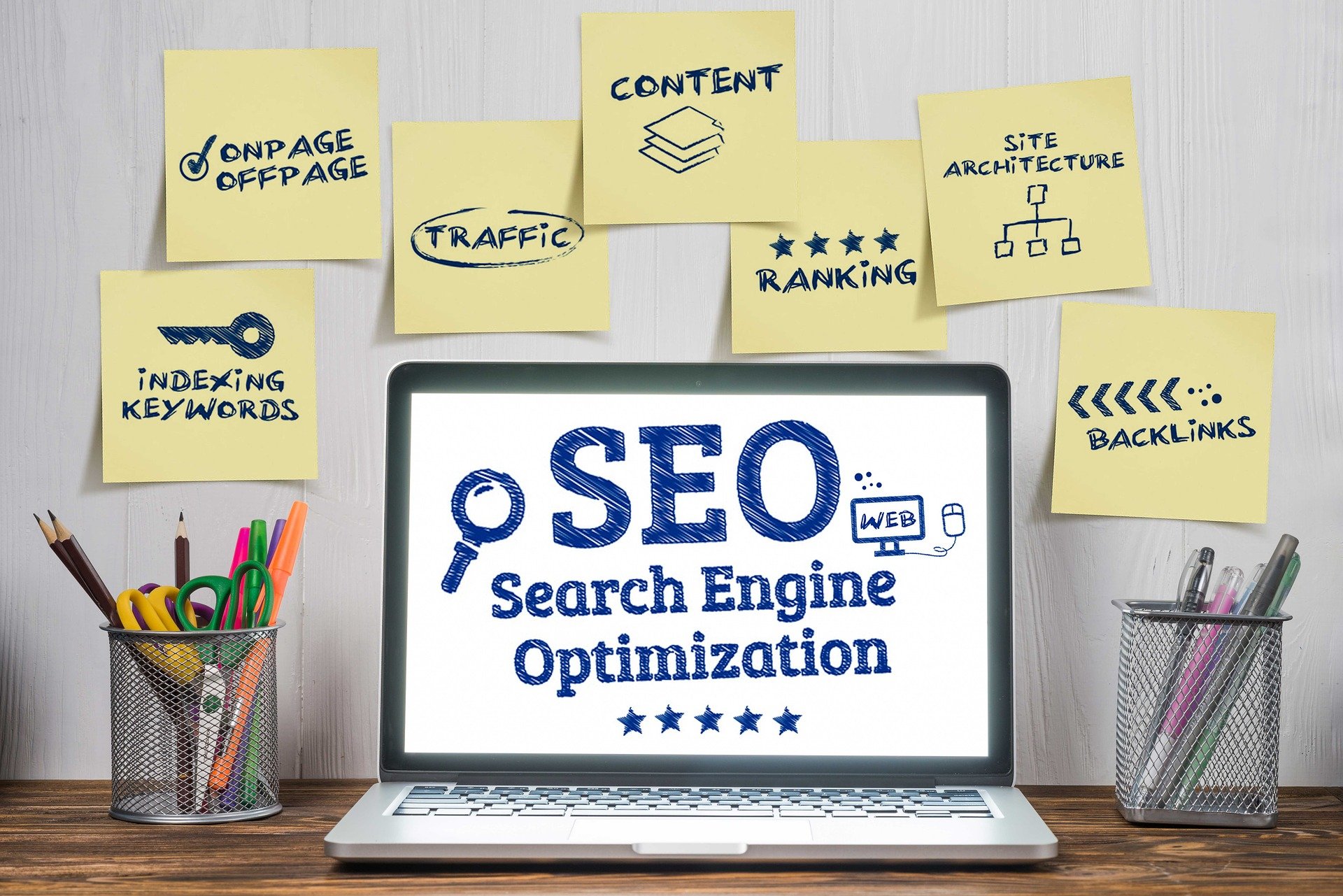Reasons why a blog will help improve SEO performance

Google is your go-to resource for any question or needs you have. People looking for just about anything often turn to the wildly popular search engine first.
Regardless of the type of website you have, you need it to appear in search results if you want people to find it. This is difficult.
Starting a blog is one of the best ways to increase your chances of ranking high in the search engines. Find out how!
How Is Effective Blogging for SEO?
That’s right. The answer is simple. However, having a blog by itself isn’t a ranking factor.
The benefits of blogging for SEO are numerous because it contributes to several ranking factors. You can significantly improve your overall website’s search engine rankings when you maintain regular blogging with high-quality posts relevant to your audience.
Six reasons are behind this.
Blogs keep your website up-to-date.
You probably lose some trust in the information on a website that hasn’t been updated in years if you realise it hasn’t been updated in years. This website could represent a company that is no longer in business entirely, or it may provide information that has been wholly debunked or changed since the last update.
It does not want to deliver outdated information to its searchers. Regularly updated websites signal users that the site is active and offers new information. Furthermore, it gives search engine algorithms more reason to index your website more often, encouraging them to keep it in their database for more extended periods.
The Time Users Spend on a Blog Can Be Improved.
We want the people using Google to get the information they’re looking for, so they’ll return again and again. If a user clicks on the first result, then finds it unhelpful, and then quickly leaves to go back to the search page – that tells Google that the first result wasn’t as helpful as they thought. Google is told that a website is beneficial when someone clicks on a result and stays on the page for a while.
The time people spend on your website or dwell time is a ranking factor, even if Google hasn’t said it explicitly, but they have made other statements that make it clear that dwell time is essential to them.
Long-tail Keywords Can Be Targeted With Blogging.
The majority of people who start doing SEO want to target the most relevant keywords for their business. If you sell camping gear, you want to show up on page one of Google search results.
You’re probably not going to be able to land a top spot for that search unless you’re the country’s biggest camping gear brand. SEO is incredibly competitive. Trying to rank for longer, more specific keywords people are searching for that are relevant to the business is the best bet for most brands.
Internal Linking is Possible With a Blog.
Many search engine optimisation is about links, and internal links are the easiest to obtain since you can create them yourself. One of the easiest SEO mistakes you can make is failing to include internal links on your website.
Even though you might be able to find some good internal linking opportunities on the main pages of your website, once you begin publishing blog posts, more opportunities will arise. The more pages you add on various but related topics, the more opportunities you have to link those pages naturally.
Links to Your Site From Other Sites Are More Likely To Occur When You Have a Quality Blog.
Although internal links are essential, earning external links is the most challenging part of SEO. For Google to view your website as trustworthy and authoritative, other sites (and those respected) must link to it. It’s not impossible to get external links without a blog, but it’s much more complicated.
Your website becomes filled with valuable information when you write a blog. Whenever another site decides that pointing readers to helpful information on another site will benefit their readers, it’s more likely that your website will provide that information worth linking to if you’ve got lots of great blog posts.
Engage Your Audience With a Blog.
Linking factors aren’t directly linked, but this significantly contributes to them. Readers who love your posts are more likely to share them, drive more traffic to them, come back to see more content and even sign up for your email list. You raise your authority level in Google’s algorithm when you get lots of traffic and repeat visitors.
That’s pretty impressive from an SEO perspective, but ultimately, your success depends on more than where you rank. It is more valuable for your website to have people in your target audience visit it, connect with it, and become followers than to have a #1 spot on Google (that’s why you want the spot on Google).
Conclusion
Many bloggers emerged on the scene without knowledge of SEO or did not realise that blogging has a massive effect on search visibility. Using modern blogging as Content Marketing, you can do SEO and grow your business organically.





